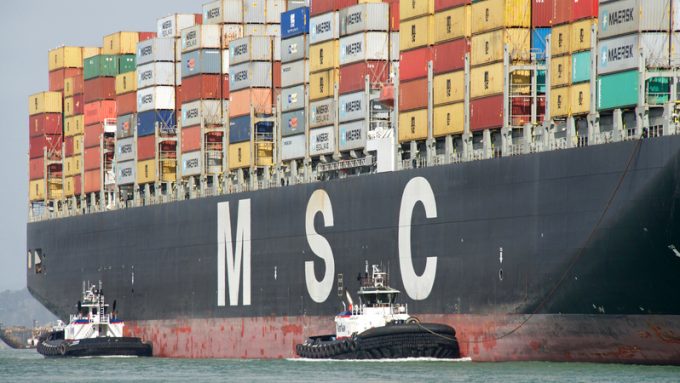Top box lines locked out of Santos bid as Maersk loses appeal
Maersk’s appeal to Brazil’s judiciary that it ought to be allowed to bid for port ...

Geneva-headquartered shipping line MSC is “going back to its roots” with its recent purchase of 16 second-hand box ships, according to Alphaliner.
It was alluding to the first 25 years of MSC’s existence, when the carrier grew rapidly through second-hand vessel acquisitions before receiving its first ...

Comment on this article